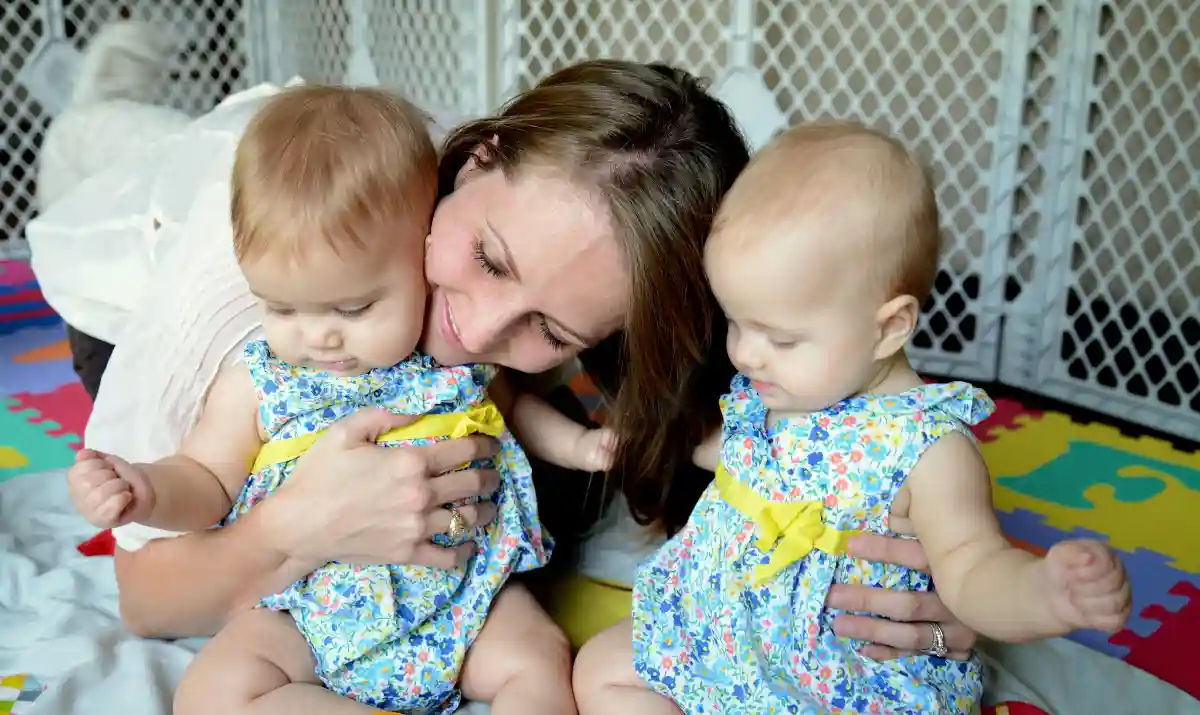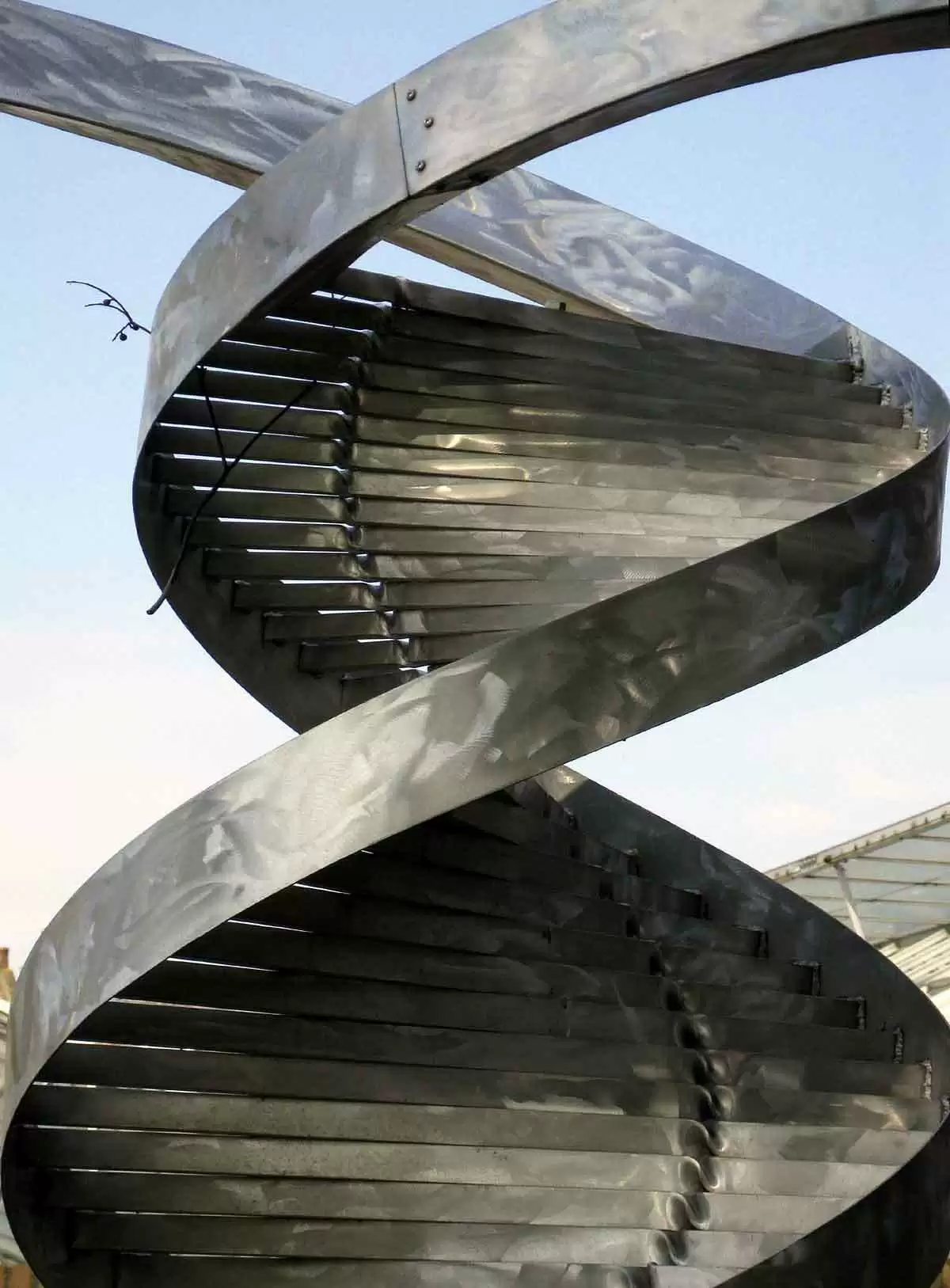Celiac.com 10/12/2023 - Celiac disease is a chronic, inflammatory disease triggered by the consumption of gluten-containing foods. Early diagnosis and proper management with a gluten-free diet can reduce its impact on patients' quality of life. People with a family history of celiac disease are at a higher risk, making it crucial to actively identify cases within this group.
A new study conducted by a team of researchers in Australia offers new insight into rates of celiac disease, particularly among first-degree relatives of individuals with the condition. The research team included Richard Muir, Anuj Sehgal, Jason A Tye‐Din and A James M Daveson.
Celiac.com Sponsor (A12):
They are variously affiliated with The Wesley Hospital, Brisbane, QLD; St Andrew's War Memorial Hospital, Brisbane, QLD; the Wesley Research Institute, Brisbane, QLD; The Walter and Eliza Hall Institute of Medical Research, Melbourne, VIC; The Royal Melbourne Hospital, Melbourne, VIC; and The University of Queensland, Brisbane, QLD.
Celiac Disease Affects Approximately 1.4% of People Globally
Their research found that celiac disease affects approximately 1.4% of both the global and Australian populations. The study, conducted at the Wesley Research Institute in Brisbane, targeted first-degree relatives of individuals already diagnosed with celiac disease. These relatives were invited to participate in the research, and the study involved genetic testing for celiac disease risk alleles (HLA‐DQ2/8/7 polymerase chain reaction genotyping) and serological tests to detect specific antibodies related to celiac disease.
Key findings from the study include:
High Celiac Disease Susceptibility
Among the participants, 86% had celiac disease susceptibility haplotypes, with 50% of children and 53% of adults carrying high-risk celiac-associated genotypes.
Serology Results
Sixteen individuals with susceptibility haplotypes tested positive for serological markers associated with celiac disease.
Biopsy Confirmation
Small bowel biopsies were performed on individuals with positive serological results, confirming celiac disease in seven children and two adults who had high-risk alleles.
Celiac Disease Prevalence Among Child First-Degree Relatives Between 11% and 14%
Among child first-degree relatives, the estimated rates of celiac disease was 11%, rising to 14% among those with celiac disease susceptibility haplotypes. In contrast, only 1.4% of adult first-degree relatives were confirmed to have celiac disease.
These findings highlight the importance of active case finding, especially among first-degree relatives of individuals diagnosed with celiac disease. Such screening can lead to early diagnosis and timely intervention, improving the quality of life and health for celiacs.
However, the study also acknowledges limitations, including the fact that not all individuals with positive serological results underwent small bowel biopsies. Additionally, the research was conducted at a single center, and a non-first-degree relatives group was not included for comparison.
Overall, the study's results support international guidelines recommending active case finding among first-degree relatives of individuals with celiac disease.
Read more in The Medical Journal Of Australia











Recommended Comments
Create an account or sign in to comment
You need to be a member in order to leave a comment
Create an account
Sign up for a new account in our community. It's easy!
Register a new accountSign in
Already have an account? Sign in here.
Sign In Now